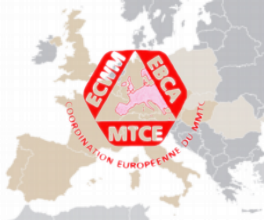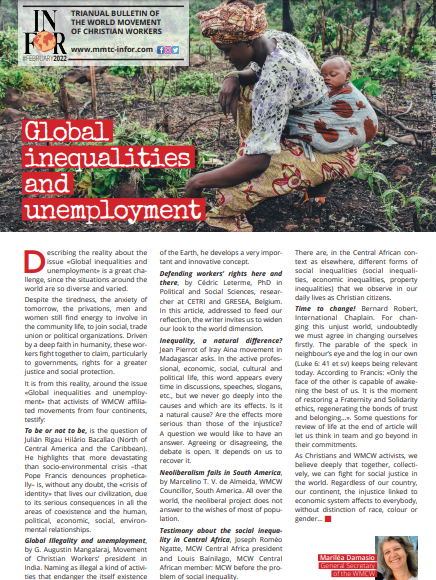
Facts: In Spain a little more than one third (34.0 %) of the employees had limited work contracts in 2006.This is by far the highest rate in the member states. Of the five big economies of the EU-27 the percentage of employees with fixed-term contracts was only in the United Kingdom (5. 8 %) under 13 %. Part-time employment was also extended - especially for women: it rose from 15,9 % in 1996 to 18.1 % in 2006. Low wages are mainly paid to women. In Germany the low-wage sector is growing disproportionally. During the last decade the percentage rose from 15 % to 22 %. The figures about insecure employment conditions as a whole say it clearly: 14.2 percent of the employees in 2005 were in temporary employment. The rate of those part-timers involuntary part-timers was 20.3 percent. More than 14 million people belong – with a growing trend – to the “working poor“, who are poor in spite of and because of the present profit-oriented organization of gainful employment. Insecure employment increases the risk of poverty.








